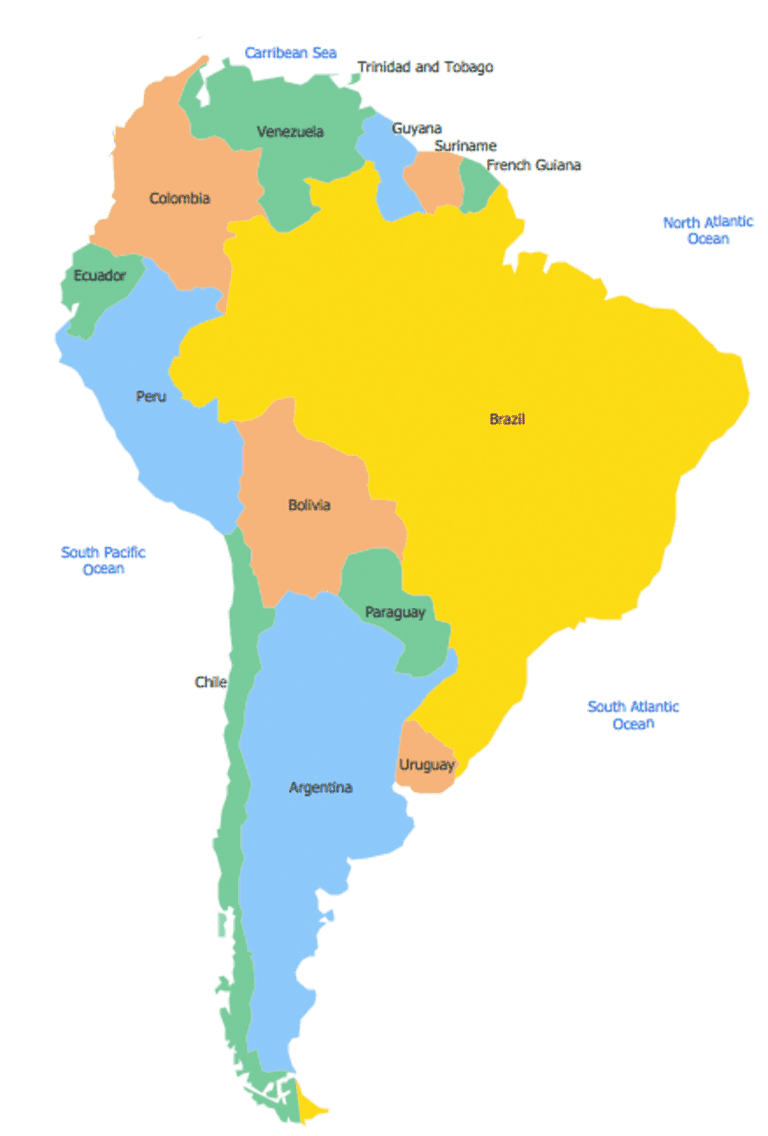VANCOUVER, BC – Vancouver Whitecaps FC have dipped into the Uruguayan talent pool once again.
No, this is not a recording.
On Thursday, Whitecaps FC announced the signing of Cristian Techera – a 22-year-old winger who hails from Paysandú, Uruguay.
Techera is the fifth Uruguayan Carl Robinson has acquired during his tenure as Whitecaps FC head coach and fourth Uruguayan on the team’s current roster, joining striker Octavio Rivero, midfielder Nicolas Mezquida, and centre back Diego Rodriguez.
Not bad for a country that’s home to fewer people than the province of British Columbia.
Yes, you read that right.
So how does a country with a population of just 3 million keep producing top talent? And why are the ‘Caps so keen on that market?
You don’t need to look much further than Techera to answer both questions.
Techera is 5-foot-2. He’s always had to work harder than everyone else around him to gain respect and progress in his career. He was always out to prove people wrong.

It’s almost poetic that he comes from Uruguay – a small country surrounded by giants like Argentina and Brazil. Argentina has a population of over 40 million and Brazil over 200 million.
“I think that breeds a toughness that Uruguayans have because they’re always competing against those nations,” said Whitecaps FC assistant coach Martyn Pert, who has visited Uruguay several times over the last decade. “It comes from the culture of the country. And once it’s in the DNA of your culture, it becomes part and parcel of how you do things.”
“Years ago, nobody believed in Uruguay because it’s a small country,” added Mezquida. “But on the pitch it’s 11 vs. 11, so it’s the same as any other country. For us, the only option is winning.”
That’s something that is engrained in the minds of Uruguayan soccer players from a young age.
It’s easy to see when watching the likes of Luis Suarez compete on the world stage, but it’s just as easy to see at the grassroots level.
Ask anyone who’s watched amateur soccer games or training sessions in Uruguay and they’ll tell you the same thing: those are among the most competitive, and physical, games you’ll ever see.
“It’s so difficult playing in Uruguay,” Mezquida said. “All the time you have people all over you. Always aggressive. Sometimes it’s not fun to watch … it’s like war. If you can play in Uruguay, you can play anywhere.”
“If you can play in Uruguay, you can play anywhere.” - Mezquida
That win-at-any-cost mentality may stem from the country’s proximity to Argentina and Brazil (what Uruguayan journalist Martín Aguirre described in The Guardian as a “national myth of winning against all odds), but it goes beyond that.
For many Uruguayans, soccer represents an opportunity to escape their current living conditions. If it seems like they’re fighting for their livelihood, it’s because they are to a certain extent.
They don’t want to win – they need to.
“You work hard to be better in all aspects,” Rodriguez said. “Studying, playing, because sometimes we don’t have all the things that people in other countries have.”
“It’s not the poorest country in South America and it’s well developed, but people aren’t as affluent there as they are here,” added Pert. “There’s a real hunger there that you could give yourself a better life if you become a professional footballer.”
Robinson has referred to that “hunger” on numerous occasions. It’s something the ‘Caps head coach looks for in all his players, which is a big part of the reason why he and his staff have focused their scouting efforts on Latin America rather than Europe.
“Sometimes, the European players coming over have achieved a lot at such a young age,” Robinson said earlier this year. “Then coming into Major League Soccer maybe don't feel that they have enough to prove. The South Americans are not like that.”
Further to that point, often times young players in Europe have the red carpet rolled out for them in terms of facilities, quality of fields, and so on. That’s certainly not the case in Uruguay.
“The fields are so bad, but we don’t care,” Mezquida said.
One thing Uruguay does have in common with many European countries is its passion for soccer.
In Uruguay, soccer is everything. Think hockey in Canada – and then multiply it by 10.
“When you’re born, the first gift you have from your parents is a ball,” Rodriguez said.
As Mezquida put it, “it’s the first culture … our history is only football.” In fact, Uruguay won the first-ever World Cup back in 1930 and again in 1950. Fittingly, the victories came over Argentina and Brazil – something Mezquida and Rodriguez both pointed out with pride, also referencing Uruguay’s record 15 Copa America titles and two Olympic gold medals in soccer.
Maybe size doesn’t matter.
Be a part of the best sporting atmosphere in Vancouver! Whitecaps FC Season Tickets are now on sale. In addition to Season Tickets, Whitecaps FC offer a flexible range of ticket products, including Half-Season Packs, 5-Packs, a Youth Soccer Half-Season Ticket, and single match tickets. For more information, visit whitecapsfc.com/tickets.




